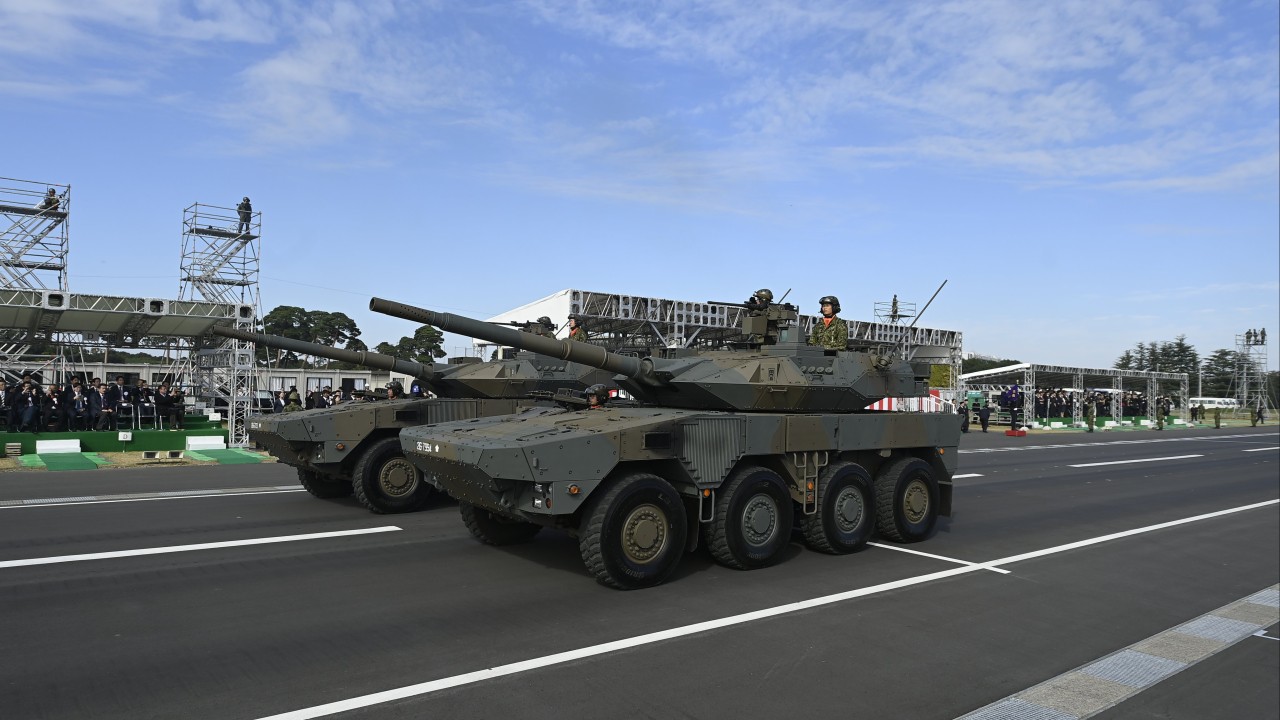Japan may again postpone a decision on hoisting taxes to help cover rising defence spending, a senior ruling coalition official said, raising more questions about how Tokyo intends to pay for a historic expansion of its military capabilities.
“It would be wonderful if we could make a decision this year, but if we can’t it doesn’t mean that we will stop increasing defence spending and boosting our defence capabilities,” Mitsunari Okamoto, the policy chief of Komeito, the coalition partner of Prime Minister Shigeru Ishiba’s Liberal Democratic Party, said.
As part of a five-year defence build-up launched in 2022 that is projected to cost 43 trillion yen (US$280 billion), the Japanese government has said it will raise personal income, corporate and tobacco taxes to cover the added costs. The increase in outlays would push defence spending to 2 per cent of gross domestic product from just over 1 per cent previously.
The government has dithered ever since on the timing of the proposed tax increases, deferring a decision on the matter on an annual basis. Pressure to resolve the issue is building with Donald Trump poised to return to the White House. Trump has repeatedly demanded that US allies shoulder a larger portion of their security costs.
Ishiba recently said he wants to finalise a plan by the end of this year ahead of tax changes for the financial year starting next April, but the ruling coalition’s loss of its majority in last month’s election will complicate that effort.
In October, the defence ministry said it would seek about 8.5 trillion yen for its portion of the national budget for next financial year, a 10.5 per cent increase from the current year’s initial budget. The record request includes funds needed to build a new satellite intelligence-gathering system to improve missile detection capabilities.
Komeito, which has its roots in a lay Buddhist organisation, has traditionally been cautious about extra defence spending. But rising political tensions in the region have made citizens across the political spectrum more open to the idea of enhancing military capabilities.
